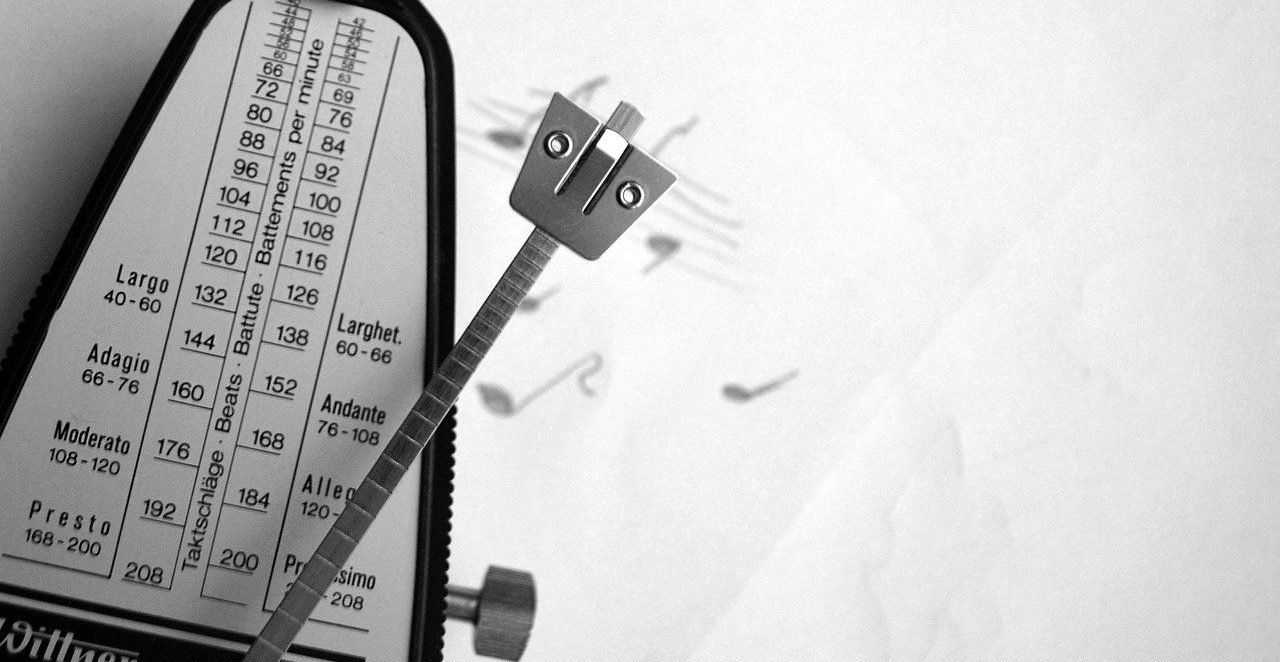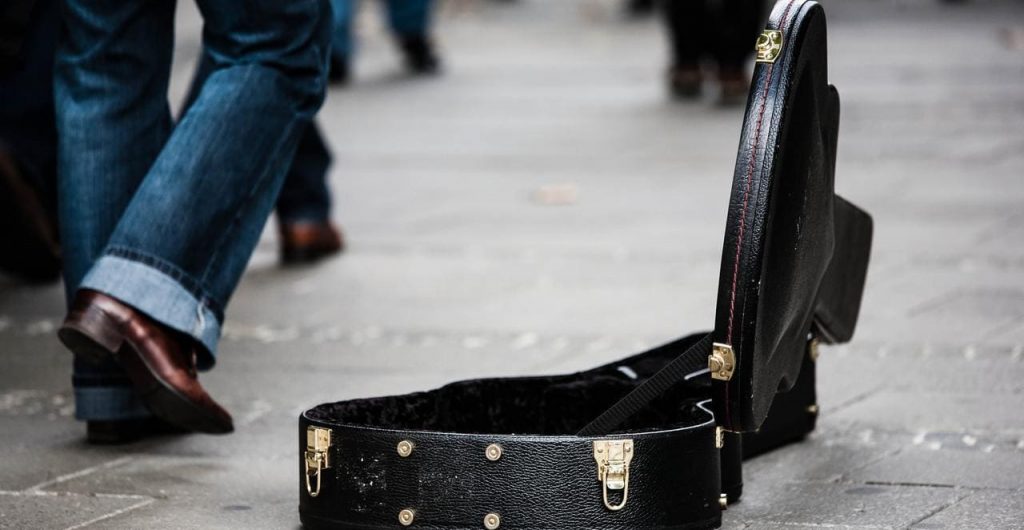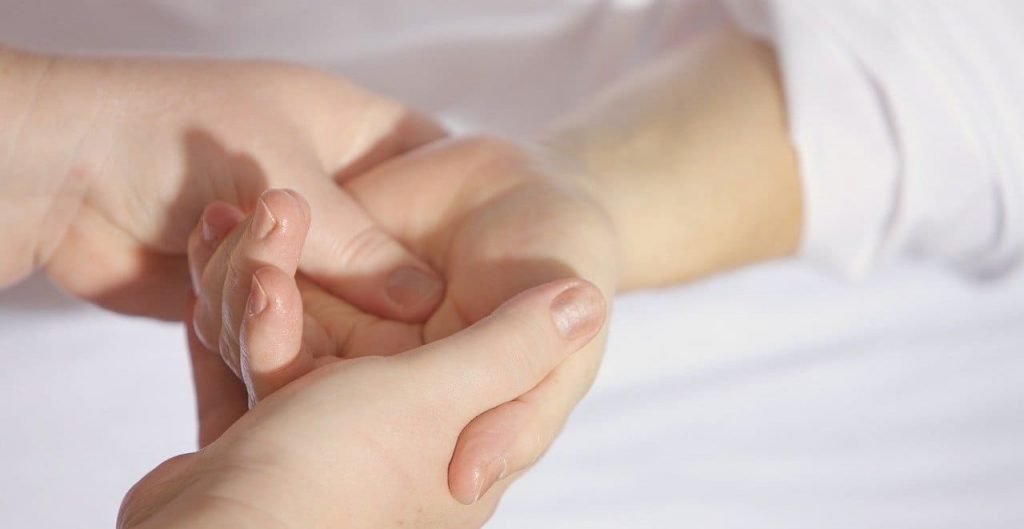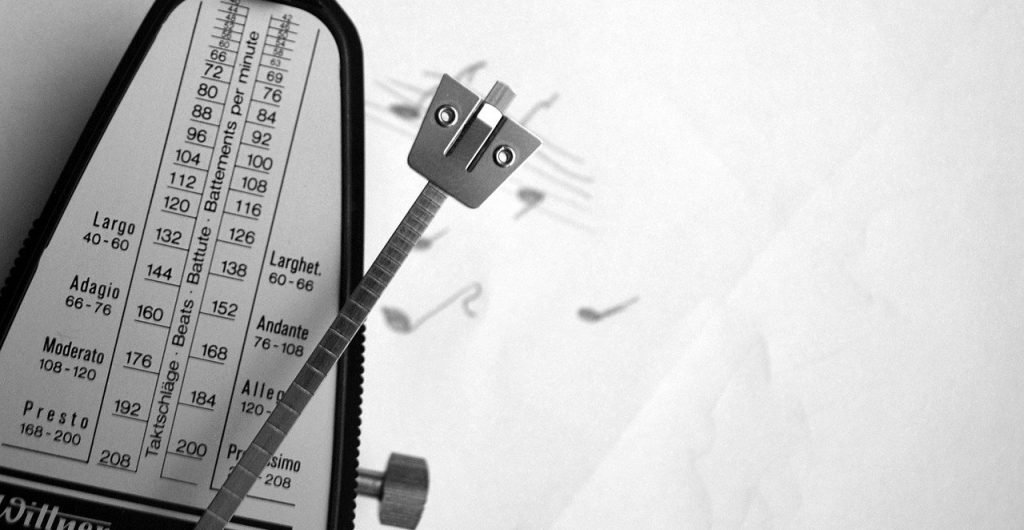Surely you have ever been recommended to study slowly, but what is the meaning of this for a musician? Slow practice can sometimes be too “easy” and we quickly tend to speed up, either out of impatience, overconfidence or ignorance. If you find yourself in this situation you have to be patient and not get carried away by self-criticism or haste. You are simply learning. In this article we are going to stop at deciphering what is slow studying and how to study with meaning.
Learning a few chords is usually easy, but as real progress is made, unexpectedly, everything seems to slow down.
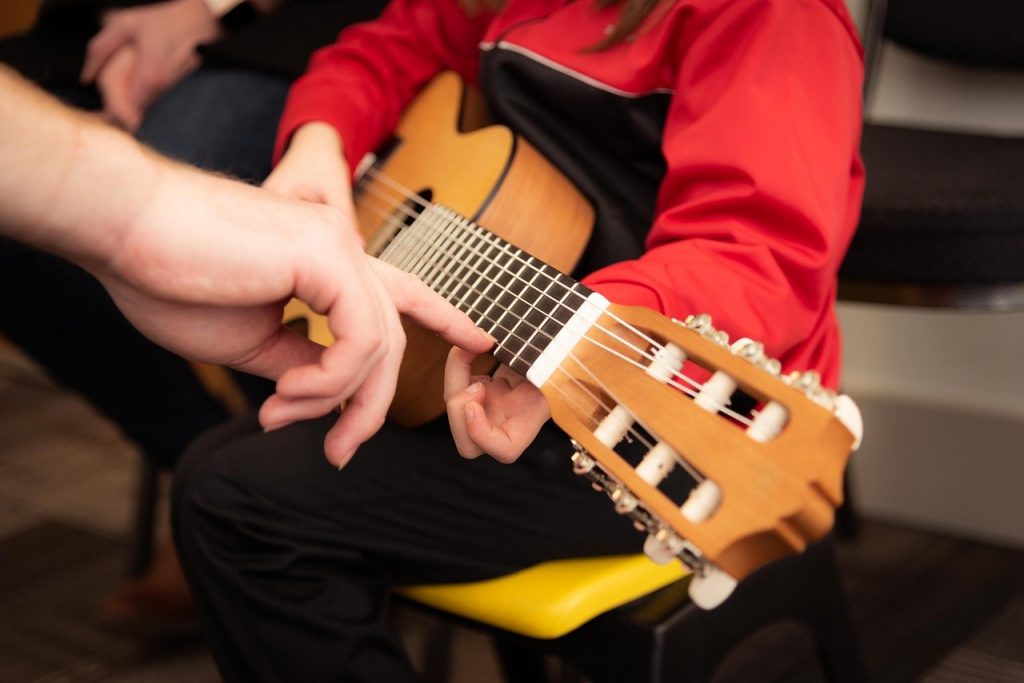
Study slow to play fast, does that make sense?
Studying slowly allows us to develop several very important aspects of our musical performance and execution: technique, precision, consistency and awareness.
Studying slowly allows us to ensure that each finger falls into place, that is, to play with precision. By studying slowly we can ensure that we do the movements correctly by developing an error-free dynamic. Precision will make it easier for our techniqueto be clean. At a slow speed, we can play the music as we want it to sound, taking care that no pulsation falls earlier or later than it should, facilitating proper coordination.
Study slowly as a learning strategy
In turn, studying slowly as a learning strategy facilitates the development of consistency, that is, that we can maintain technique and precision for as long as possible, without making mistakes. And last but not least, is learning to study consciously. Breathing correctly brings oxygen to the muscles involved in movement, and being aware of this allows you to internalize it and create a proper habit. This makes it easier for us to play with our muscles relaxed, without tension and to be able to perform movements with the least possible effort, and avoid injuries. It allows us to monitor our execution attending to every detail even if it may seem irrelevant. This consciousstudy will affect our quality of learning and retention.
By studying in this way, we are sowing habits and modes of execution, which we are going to internalize with our day-to-day practice. These habits at the beginning will be controlled processes that we will do in a conscious way. Once internalized, they will become automatic processes forming part of our habitual repertoire, leaving free attentional resources for other learning, while the technique, precision, and consistency that we have acquired during our “slow” study, will remain intact when we increase the speed of our metronome.
If I have developed an inappropriate habit, what happen?
At first, studying slowly can give us the feeling of wasting time. PBut when we rush and increase speed without being mentally or muscularly prepared, we are more likely to make mistakes, to neglect our posture, and worst of all is that, in one way or another, we are always developing habits, and we run the risk to internalize inappropriate and harmful habits.
Many times we realize that our execution is not adequate, when we perform movements that are not efficient, and that do not allow us to reach the target speed. So, we propose to correct it. If this happens, the task will be doubly difficult, since on the one hand, we will have to unlearn what we have learned, and on the other, deal with the interference that the bad habit will generate with the new learning.
What do we do with our impatience “I want to play faster”?
Resisting, not letting ourselves be carried away by our restlessness, and doing what the moment requires of us to consolidate quality learning.
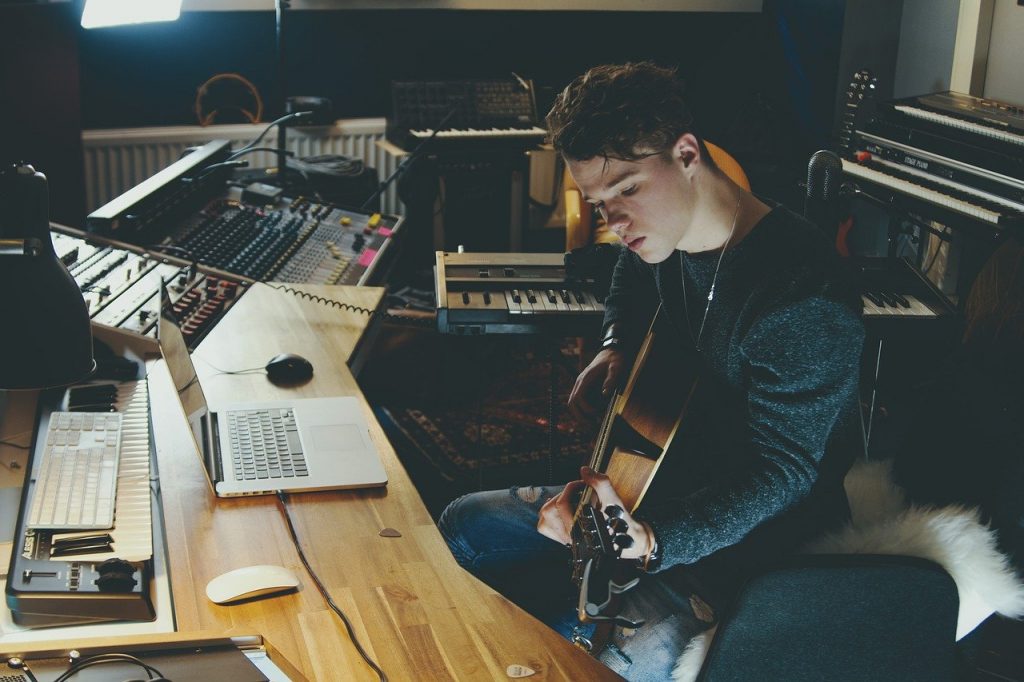
We must allow our body to internalize and learn the movements until it can perform them effortlessly. In this way, we facilitate the part of the brain in charge of processing information to keep up with the part in charge of motor skills, so that cognition and motor skills can go hand in hand in sync.
As Gabriel Rosales said, “evolution and progress begin with a state of mind. Studying enjoying, enjoying studying… ”.
REFERENCE
Rosales, G. (2011). Cábalas con la Guitarra. El secreto del arte de tocar. Fundación autor.
Digital and Analog Metronomes
If you need a metronome, take a look at the ones we recommend below. In this way you can contribute to our blog, and help us to continue publishing more articles.

